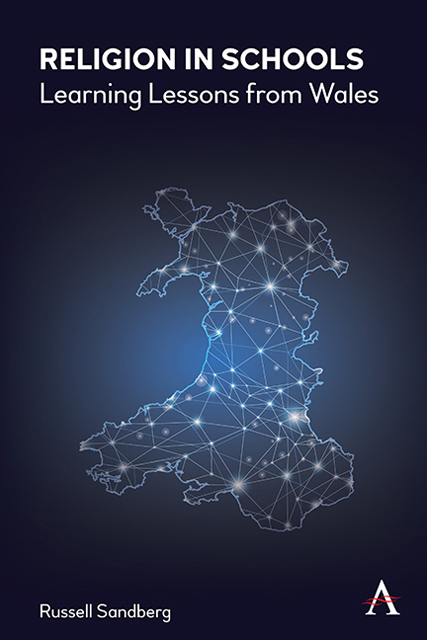3 - The Butler Act
Published online by Cambridge University Press: 09 December 2022
Summary
Rab Butler's biographer, Anthony Howard, referred to the Education Act 1944 as ‘the single memorial of which Rab would always remain proudest’. The Act renamed the Board of Education to become the Ministry of Education and differentiated between primary, secondary and further education, making LEAs responsible for ensuring that secondary education would be free and universally provided. It ushered in the tripartite system of education of grammar, secondary modern and technical schools. However, comparatively few technical schools were ever established, so in reality it was a bipartite system that came into existence. The Act also revolutionised both the position of the voluntary church schools that existed alongside the State schools and the teaching of religion in both types of school. Prior to the Act, the ban on teaching by catechism only applied to those schools completely run by local authorities. As Butler himself noted in his autobiography, voluntary schools which were mostly run by the churches, ‘gave the religious instruction of the Church to which they belonged, while local authority schools gave religious instruction unconnected with the formulary or beliefs of any particular Church’. Moreover, many areas were what he called ‘single-school’ areas where the Church of England school was the only school available and ‘non-conformists naturally resented sending their children to a school which taught the catechism of the Church of England’.
Yet, Butler's reforms would strengthen rather than weaken the position of the Church of England. It has been noted that under the Butler Act ‘the role of Anglicanism within education was not only secured but enlarged’. Butler saw the 1902 Act as having damaged both the Conservative Party and the Church of England, and so the Act that he would be remembered for was ‘an attempt to bring Church and state back together and reverse the effects of 1870 and 1902 in keeping them apart’. These earlier reforms had left unfinished business and education reform had long been mooted. However, the road to reform was to prove rocky with matters often being outside Butler's control. This chapter tells that story.
The Road to Reform
It was manoeuvres from religious leaders themselves that were to prove influential. In February 1941 leaders of the Church of England and the Free Churches published a joint letter to The Times laying out their ‘five points’ for reform.
- Type
- Chapter
- Information
- Religion in SchoolsLearning Lessons from Wales, pp. 17 - 26Publisher: Anthem PressPrint publication year: 2022



